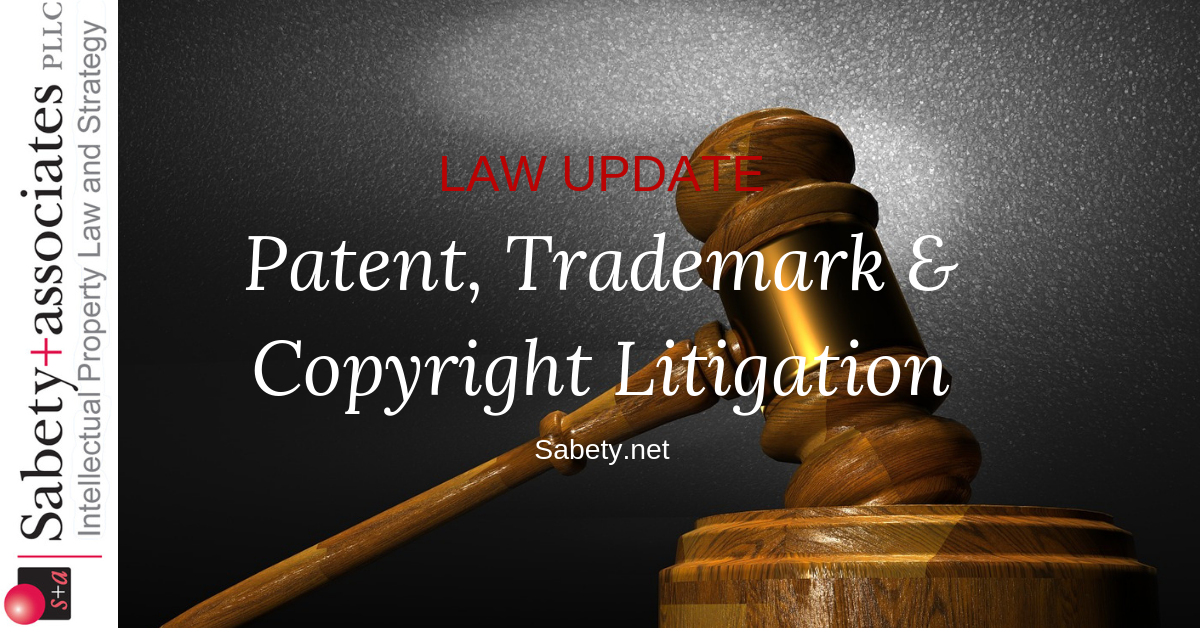February, 2020. The ongoing dispute between Google and Oracle over the Java computer language, now before the U.S. Supreme Court, has attracted the attention of the music publishing industry. The Songwriters’ Guild of America (SGA) filed an amicus brief before the US Supreme Court in support of Oracle, arguing that Google’s version of “fair use” constitutes predatory market practices against creators. They argue that Google has taken the limited exception of “fair use” and “throttled it into a business model.” The rhetoric has moved away from the underlying computer science in a case that may unwittingly open the door to copyright of a computer language. At issue in the case are unlicensed copies of Java computer language “declarations.”
According to the opinion of the U.S. Court of Appeals, (Oracle America, Inc. v. Google, Inc. 750 F.3d 1339 (Fed. Cir. 2014)) “…Oracle stipulated that some of the declarations were necessary to use the Java language ….” Given this fact, it would be puzzling if the Court upholds copyright exclusivity on such expression. The computer cannot run a process defined by rules without having a copy of the rules that define the process. This applies to grammar rules that are stored in some form in the computer in order for the computer to execute expressions made in that computer language. Exclusivity over the declarations may be a de-facto monopoly over the Java computer language. See my article “Computer Science Concepts in Copyright Cases: The Path to a Coherent Law” Marci A. Hamilton & Ted Sabety, 10 HARV. J.L. & TECH. 239, 259-64 (1997). http://jolt.law.harvard.edu/articles/pdf/v10/10HarvJLTech239.pdf
Oral argument is scheduled for March 24, 2020.

